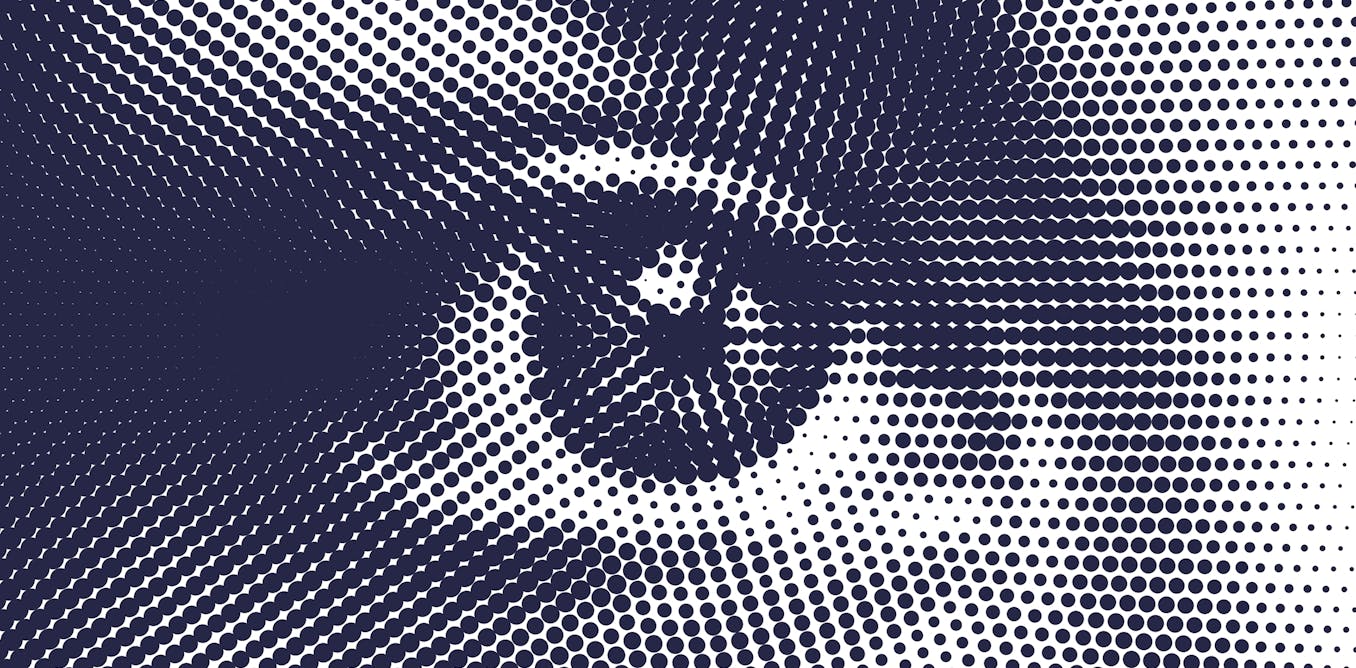We are constantly fed a version of AI that looks, sounds and acts suspiciously like us. It speaks in polished sentences, mimics emotions, expresses curiosity, claims to feel compassion, even dabbles in what it calls creativity.
But what we call AI today is nothing more than a statistical machine: a digital parrot regurgitating patterns mined from oceans of human data (the situation hasn’t changed much since it was discussed here five years ago). When it writes an answer to a question, it literally just guesses which letter and word will come next in a sequence – based on the data it’s been trained on.
This means AI has no understanding. No consciousness. No knowledge in any real, human sense. Just pure probability-driven, engineered brilliance — nothing more, and nothing less.
So why is a real “thinking” AI likely impossible? Because it’s bodiless. It has no senses, no flesh, no nerves, no pain, no pleasure. It doesn’t hunger, desire or fear. And because there is no cognition — not a shred — there’s a fundamental gap between the data it consumes (data born out of human feelings and experience) and what it can do with them.
Philosopher David Chalmers calls the mysterious mechanism underlying the relationship between our physical body and consciousness the “hard problem of consciousness”. Eminent scientists have recently hypothesised that consciousness actually emerges from the integration of internal, mental states with sensory representations (such as changes in heart rate, sweating and much more).
Given the paramount importance of the human senses and emotion for consciousness to “happen”, there is a profound and probably irreconcilable disconnect between general AI, the machine, and consciousness, a human phenomenon.



This is very interesting… because the general saying is that AI is convincing for non experts in the field it’s speaking about. So in your specific case, you are actually saying that you aren’t an expert on yourself, therefore the AI’s assessment is convincing to you. Not trying to upset, it’s genuinely fascinating how that theory is true here as well.
I use it to give me ideas that I then test out. It’s fantastic at nudging me in the right direction, because all that it’s doing is mirroring me.
If it’s just mirroring you one could argue you don’t really need it? Not trying to be a prick, if it is a good tool for you use it! It sounds to me as though your using it as a sounding board and that’s just about the perfect use for an LLM if I could think of any.